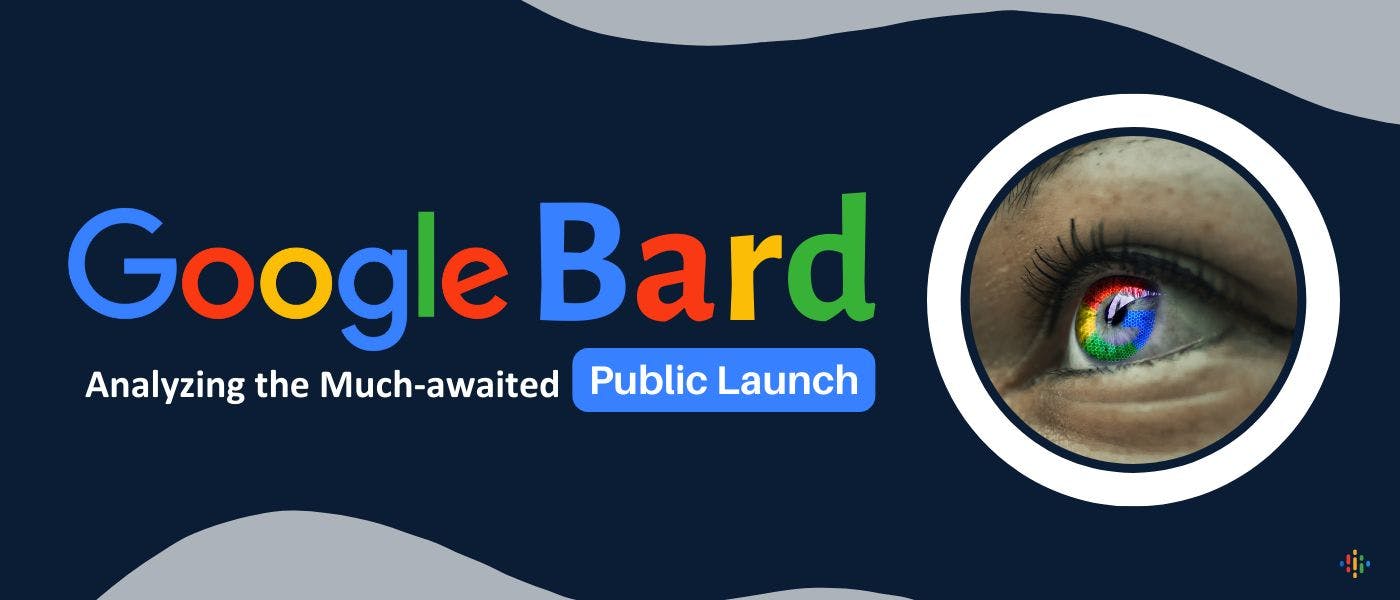339 reads
Google’s Bard – Analyzing the Much-Awaited Public Launch
by
May 15th, 2023
Audio Presented by

Liza Kosh, a senior content developer at Seasia Infotech, happily shares insightful perspectives on various topics.
Story's Credibility

About Author
Liza Kosh, a senior content developer at Seasia Infotech, happily shares insightful perspectives on various topics.
